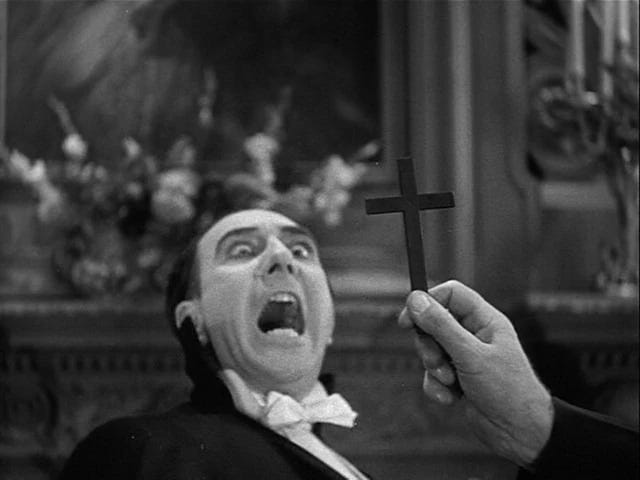Your Soul Won't Help You Here (Bite Sized Method)
Literary Agents: Love them or fear them, for any aspiring writer, they’re an entity worth studying. The road from unknown to publication is fog light territory, and agents are the lone feature of that landscape who are actively incentivized to point you in the right direction (for a small fee of course).
In any navigational pursuit it makes sense to take all the advice on offer.
Getting a face to face interview might be hard when you’re first starting. But it’s worth investing time into reading online interviews or going along to live Q & A sessions just to get a lay of the land. Short of that, simply familiarising yourself with their incentives is a way to reap outsized insights.
These people are salesman. They’re searching for a product they can sell. Most of them will tell you what they believe that product looks like — which isn’t the bright torchlight it seems like it would be, because this is the world of art at the end of the day and if they could bottle a formula that could produce predictable book sales, some publishing house exec would be pumping that serum through their system 24/7 via an IV drip.
Agents don’t have a direct line to the minister of reader trends or the vice president of viral content, because that world is a guessing game. As a writer, you should theoretically be the more creative one in this equation, so get to work and invent the trend.
What they can offer however is the educated eye of a person thick in the industry. They go to work every day and study what is selling, what is not, and it’s done with the emotional detachment of a seventy year old hedge fund manager introducing his twenty three year old side piece to his son from a former marriage.
The artist in any writer may rear back at this quality. A violent allergy to those corporate qualities is the reason many of us run to pursuits like writing. But that lack of emotion is what makes an agent effective.
As a former property buyer/salesman myself I learned to look at agents in the following manner:
The real estate salesman isn’t insulting your home of thirty years when she insists it’s not worth a million dollars. She’s simply looking at its positioning on the hierarchy of comparable floorplans in the area and feeding that information back to you (granted she might be sprinkling a little conditioning in there as well, but that’s another topic). If she doesn’t share your opinion that the backyard where both you and your children first learned to ride a bike adds at least an extra 500k in value, don’t take it personally. She’s not soulless, she’s just a proxy for the market. The buyers won’t see that extra value either, so you may as well manage your own expectations.
When it comes to your art? You want to hand the sales logistics over to someone capable of maintaining an equally pragmatic mindset. Yes, you’ve bled emotion, time, vulnerability and maybe even personal secrets into this artform. During the writing phase, preserve that.
But once it’s out for pitching? To the agent it’s a question of readability, marketability and of course, projected sales.
I’m not preaching this from the pulpit of a long term disciple. I came around to this position with a gritted jaw and thickened skin. I didn’t like tempering my stance when I handing over my manuscript. But, I knew what was in store for me. Embrace the detachment. See the rejection as a gift. Of course, always maintain a slight flex your artistic judgement, but that’s another topic for another day.
If you liked this, please leave a tip: coff.ee/HamishKav
If you’d like to share it. please do.
If you’re new here, please subscribe:



